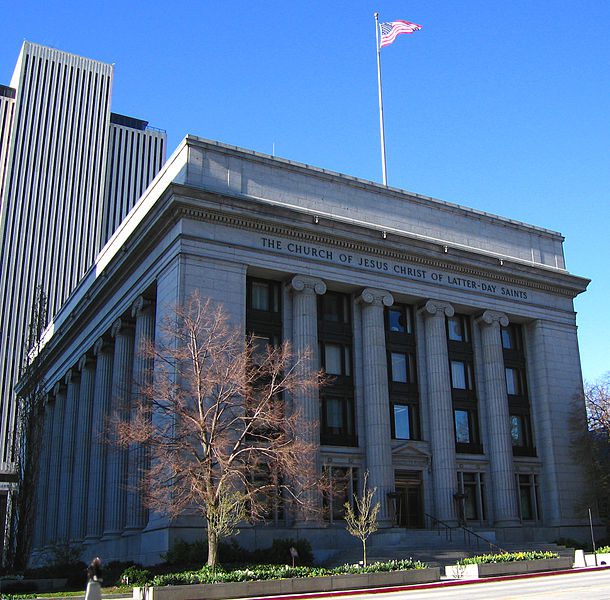
I now want to say something briefly about the approach to the scriptures — my approach to the scriptures — that disturbed those two or three elderly sisters in the old Mar Vista Ward, decades ago. Because it’s also my approach to the history and historiography of the Church and is, thus, relevant to certain very recent controversies here on this blog.
I read the scriptures — the historical parts, anyway — pretty much the way I would read any other historical chronicle. Among other things, I’m looking for the points that the author is attempting to make, at the criteria he applies in choosing what to include and to exclude and what to emphasize or ignore. (I found Grant Hardy’s important Understanding the Book of Mormon very congenial for precisely that reason.) What is the author’s agenda? Historiography isn’t, shouldn’t be, and cannot be merely a list of what happened wie es eigentlich gewesen. It is, necessarily and unavoidably, interpretive.
I also read the scriptures as being about real people, with human limitations and flaws even when they’ve received great revelations or had marvelous experiences with the divine. I can’t think of any reason not to do so; I simply can’t assume that ancient prophets were somehow demigods when today’s prophets plainly aren’t. The principles of human behavior and the general “rules” governing sociology, psychology, anthropology, and history don’t fundamentally change between the world of scripture and the world of non-scripture, nor between antiquity and today. “Homo sum, humani nihil a me alienum puto,” wrote the second century BC Roman playwright Terence. “I am human, and I think nothing human is alien to me.”
That principle holds at the other end of the timeline, too:
I have absolutely no reason, since I don’t expect it of ancient apostles and prophets, to expect modern prophets and apostles to have transcended the human condition.
Please don’t misunderstand me. I regard the modern leadership of the Church as very good men, indeed. And I don’t do so merely theoretically. I don’t want to exaggerate our closeness — we don’t meet every evening for gossip and a game of Scrabble over hot chocolate — but it has been one of my great blessings to have interacted a fair amount, for years, with modern members of the First Presidency and the Twelve. With the exception of Ezra Taft Benson, I’ve interacted personally, one on one or in a very small meeting, with every president of the Church since the passing of Joseph Fielding Smith. I’ve known some of the Brethren before their calls to serve in the presiding quorums. I’ve served on committees with them, traveled with them, joked with them, etc. And I’ve seen nothing in their behavior to suggest that they aren’t what I believe them to be: good, competent, and sincere men who have been given extraordinary callings and unique authority.
But they aren’t omniscient. They aren’t perfect. And they don’t claim to be. (They would laugh at the suggestion.) So historical treatments of the Church do them an injustice if omniscience and perfection are implied for them. Nobody, not even a genuine prophet or apostle, can possibly live up to such a standard.












